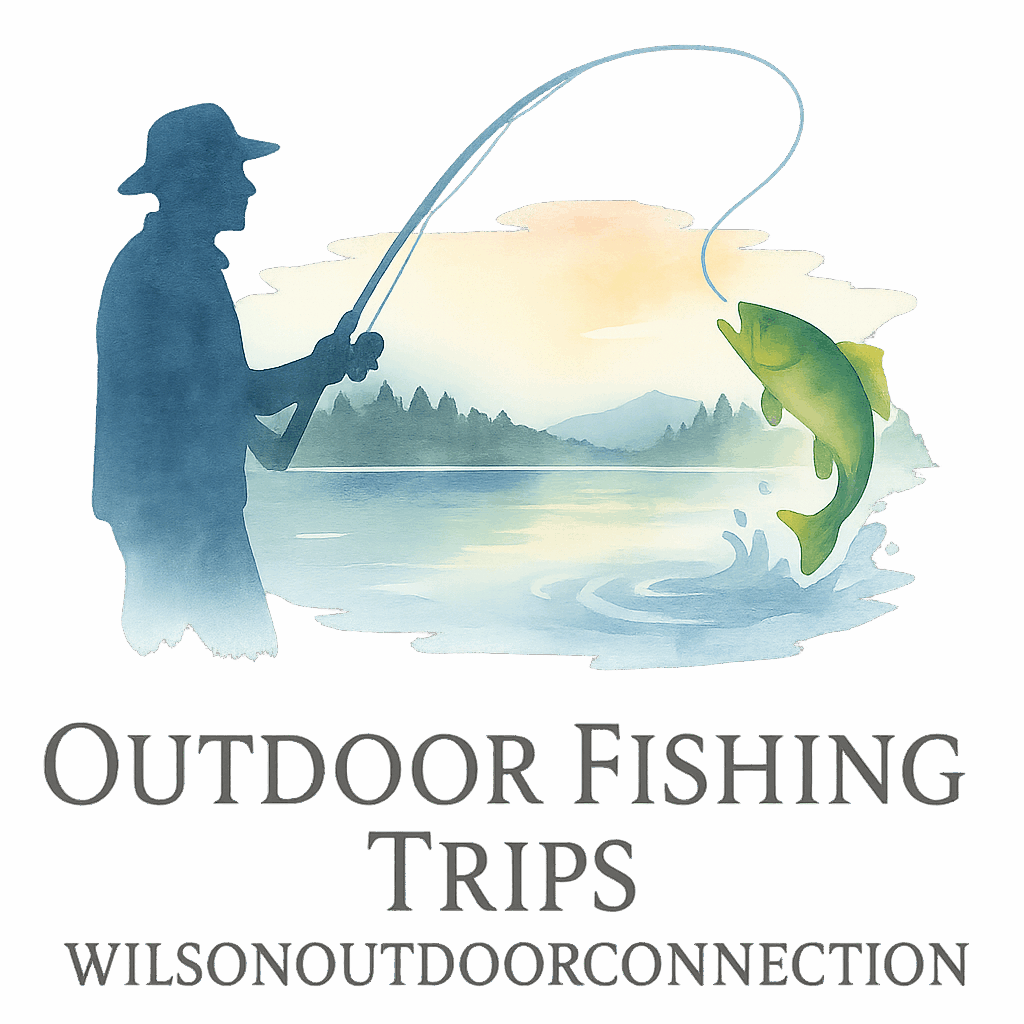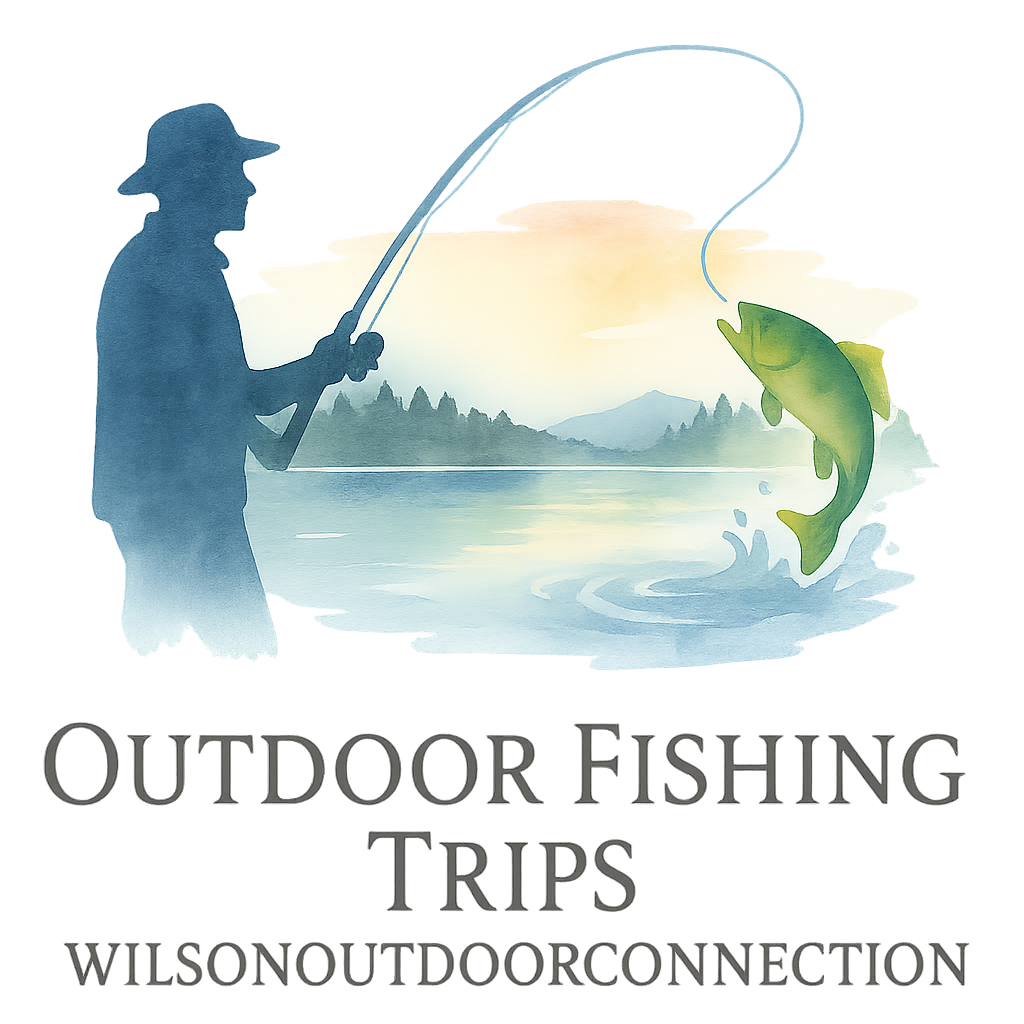Fishing on glacier lakes is a whole different vibe. Imagine standing in the stillness of a lake carved by ancient ice, rod in hand, surrounded by jagged peaks and icy blue water. Sounds epic, right? Well, it is—but it’s also very different from your average fishing spot.
Before you pack your gear, there are a few key things you need to know to make your glacier lake fishing trip not only successful but unforgettable.
What Makes Glacier Lake Fishing Unique?
Pristine Waters and Remote Beauty
Glacier lakes are some of the most stunning places you’ll ever fish. Formed by melting glaciers, these lakes are known for their crystal-clear water, remote locations, and the breathtaking scenery that surrounds them. You’ll often find yourself miles from civilization—just you, nature, and the fish.
Diverse Cold-Water Species
These lakes are home to cold-water species like trout, Arctic char, and even kokanee salmon. Unlike warmer waters, glacial lakes require different approaches to catching fish, which we’ll get into below.
1. Ice-Cold Waters Require Special Gear
Fishing here isn’t like casting from a dock on your local pond. The water in glacier lakes is cold—really cold—even in summer.
Dress for the Chill
Layers are your best friend. Moisture-wicking base layers, insulated jackets, and waterproof outerwear are essential. Gloves and wool socks are a must, even on “warm” days.
Use the Right Rod and Reel Combo
Check out our guide to fishing gear essentials to find rods and reels that handle cold water conditions. A medium-action rod paired with a spinning reel is a solid all-around choice for glacial lakes.
2. Glacial Lakes Are Often Deep
Depth Affects Fishing Techniques
Unlike shallow lakes, glacier lakes can plunge hundreds of feet deep. This means fish often hang out in the cooler, lower layers.
Use Weighted Rigs for Success
Use sinkers or downriggers to reach those deeper zones. Learn more about fishing techniques and tips that help you target fish in deeper water.
3. Fish Species in Glacier Lakes
Trout, Salmon, and Char
These cold-loving species thrive in glacier lakes. Depending on the region, you might catch rainbow trout, lake trout, or even sockeye salmon.
Understanding Fish Behavior
Fish in glacier lakes tend to be more active in low light—early morning and late evening are your best windows. Water clarity and temperature both influence fish feeding patterns.

4. Glacier Lakes Are Often Remote
Trip Planning Is Crucial
Remote locations mean you need a solid fishing trip planning strategy. Pack extra food, fuel, and safety gear. Double-check maps and let someone know your itinerary.
Safety First in Remote Areas
Glacial areas can be unpredictable. Always bring a first-aid kit, satellite communication device, and knowledge of survival basics. Visit our checklist tag for what to bring.
5. Ideal Fishing Seasons for Glacial Waters
Late Spring to Early Fall
The prime time for glacier lake fishing is when the ice melts—usually May to September depending on elevation.
Ice Fishing Opportunities
For the brave, winter opens up ice fishing options. Just make sure you know what you’re doing, and always check ice thickness.
6. Learn the Local Regulations
Permit Requirements
Fishing in glacial areas often means national parks or protected zones. You’ll need permits or passes, so check in advance.
Conservation Rules
Follow all conservation guidelines. Many glacier lake areas emphasize catch-and-release to protect the fragile ecosystem. Check out our articles tagged with guide and techniques for sustainable practices.
7. Weather Can Change Rapidly
In mountainous, glacial regions, weather changes fast. One minute it’s sunny, the next it’s snowing.
Be Prepared for the Unexpected
Bring layers, rain gear, and always check forecasts. Still, be ready for the forecast to be wrong.
8. Glacial Silt Affects Water Clarity
That cloudy, milky appearance in some glacier lakes? That’s silt from melting glaciers. It can affect visibility and lure effectiveness.
Use Vibrant Lures
Bright colors and noisy lures help fish find your bait. Try spoons and spinners in orange, chartreuse, and silver for better visibility.
9. Bring the Right Accessories
Checklist for Glacier Lake Fishing
You’ll need more than just your rod. Think multi-tools, a reliable net, polarized sunglasses, and a thermos of something hot. Explore our tagged accessories for more ideas.
10. The Importance of Fishing Techniques
Casting Techniques That Work Best
Casting into deeper waters from shore? Learn how to make long, accurate casts. Check our casting tag for tips.
Trolling and Jigging Tips
Trolling along the drop-offs or jigging vertically are solid choices when fishing from a boat. Get more fishing tips to improve your game.
11. Fishing on Glacier Lakes Builds Bonds
A Tradition Worth Sharing
Bring your friends or family. Glacier lake fishing is about more than catching fish—it’s about the bonding, the laughs, and the shared moments in nature. For family-friendly trips, visit fishing with family and friends.
12. Connect with Nature at a Deeper Level
More Than Just Catching Fish
There’s something spiritual about glacier lakes. The serenity, the connection to nature—it’s therapeutic. If you’re new to it all, our beginner and benefits tags can guide you.
Final Thoughts
Fishing on glacier lakes is a magical, one-of-a-kind experience. But it takes preparation, the right gear, and respect for nature to truly enjoy it. Whether you’re a seasoned angler or a beginner ready to explore, there’s a glacier lake out there waiting for you.
Explore fishing destinations and lakes and start planning your next outdoor adventure with Wilson Outdoor Connection.
FAQs
1. What are the best glacier lakes for fishing in the U.S.?
Some top choices include Lake Louise (Alaska), Bowman Lake (Montana), and Crater Lake (Oregon). Each offers unique species and spectacular scenery.
2. Do I need a special license to fish on glacier lakes?
Yes, many glacier lakes are within national parks or protected areas. You’ll likely need both a state license and park-specific permits.
3. What kind of fish can I catch in glacier lakes?
Primarily trout (lake, rainbow, brook), Arctic char, and salmon depending on the lake and location.
4. Is it safe to drink water from glacier lakes?
Not without treatment. Glacial silt may contain harmful microorganisms. Always filter or boil your water.
5. Can beginners fish in glacier lakes?
Absolutely! Just be prepared and check out our beginner resources to get started.
6. Is camping allowed near glacier lakes?
Yes, in many areas—but always follow local regulations. For tips, see our camping tag.
7. How do I know which gear to bring?
Start with our gear tag and use our guides to build a customized setup for glacier lake fishing.


